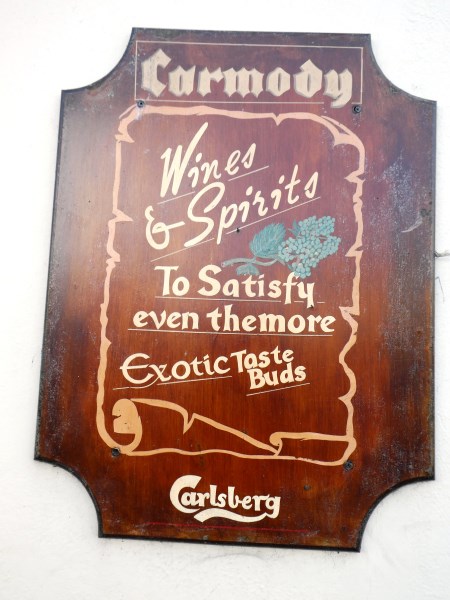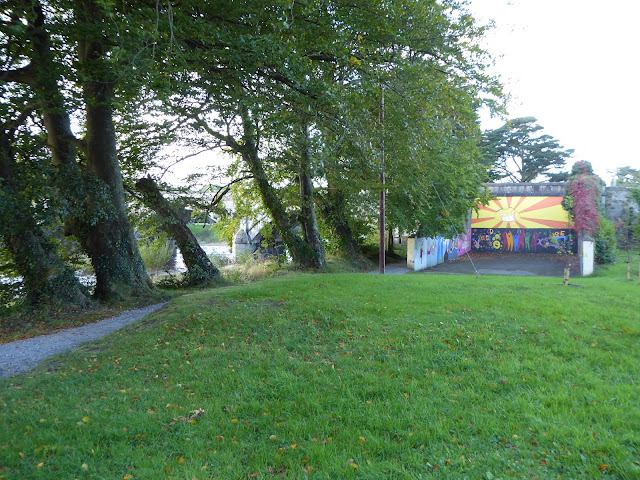
<<<<<<<
Winter Solstice Blessing ~ John O’Donohue
1
Somewhere, out at the edges, the night
is turning and the waves of darkness
Begin to brighten on the shore of dawn.
The heavy dark falls back to earth
And the freed air goes wild with light,
The heart fills with fresh, bright breath
And thoughts stir to give birth to color.
2
I arise today
In the name of Silence
Womb of the Word,
In the name of Stillness
Home of Belonging,
In the name of Solitude
Of the soul and the Earth.
I arise today
Blessed by all things,
Wings of breath,
Delight of eyes,
Wonder of whisper,
Intimacy of touch,
Eternity of soul,
Urgency of thought,
Miracle of health,
Embrace of God.
May I live this day
Compassionate of heart,
Clear of word,
Graciousness in awareness,
Courageous in thought,
Generous in love.
John O’Donohue, Irish poet and philosopher
“Matins” (Morning Prayer)
<<<<<<<<<
"There was a time when we literally had nothing in our pockets and handball was our main
sporting outlet as it really cost us nothing. In fact as young boys during the war years
some of us in the Bridge Road made a bit of money out of the handball.
On a Sunday morning the alley was packed with many young, and not too young,
men awaiting their game of handball. No emigration.
A few of us budding entrepreneurs from the Bridge Road would have picked up one old penny
somewhere, when there was 240 pence to the old pound, and we would make our way to a lovely old lady named Mrs Dowling about a mile outside Listowel
and buy apples from her and then go back to the alley and sell our apples. Our aim was
to make a profit of 3 old pence, 2 pence for the Sunday matinee and the one penny left
would buy us 2 squares of the old Cleeves slab toffee. Our week was made, we wanted nothing
else. The two squares were joined together and we would break them by hitting them
against the metal leg of our seat in the local cinema. More than likely a square, or maybe both,
would hit the ground, but the word hygiene was not on our dictionary in those days.
What a lovely, carefree life it was.
The end of the war changed all that, as most of the hand ball young men of
that era emigrated to different corners of the world. As I got older I played a lot of handball
myself and gave many years as secretary of the local club..
The game of handball meant a lot to us in those days and I honestly believe that as
young boys and then as young men it kept us out of harm’s way as the game of handball
was such a brilliant game to play". Junior Griffin, May 2020













No comments:
Post a Comment